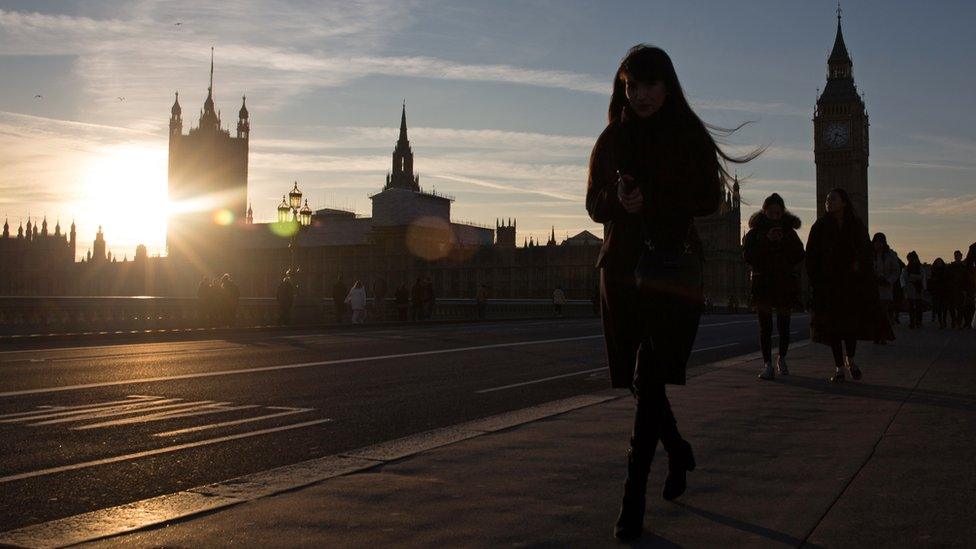Junot Diaz: US author quits festival after sex harassment claim
- Published
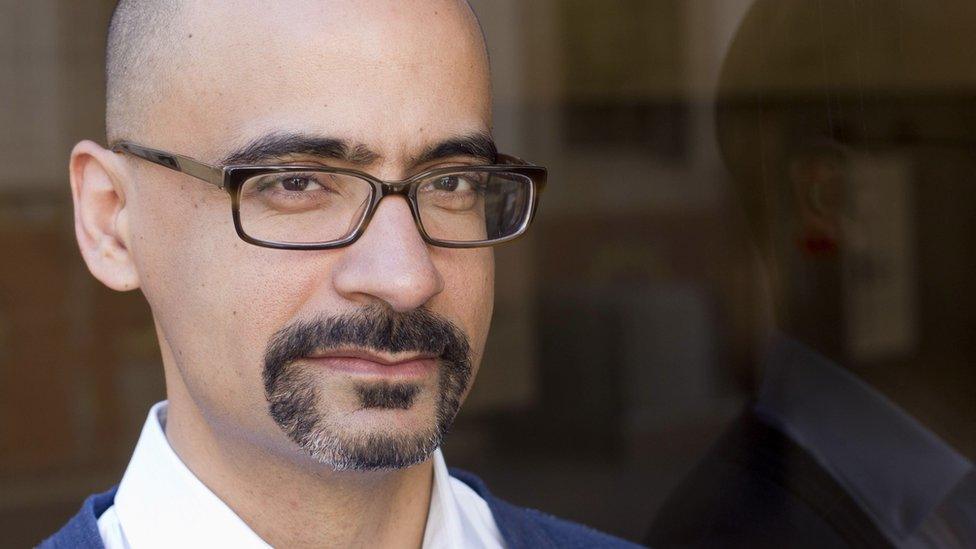
Mr Diaz said he took responsibility for his past
Pulitzer prize-winning novelist Junot Diaz has withdrawn from a literary festival in Australia after another US writer accused him of harassment.
During a session at the Sydney Writers' Festival, he was confronted by Zinzi Clemmons, who alleged he had forcibly kissed her six years ago.
Two other female writers have since accused him of misogynistic remarks.
Speaking to the New York Times, Mr Diaz, 49, said he took responsibility for his past.
Last month the Dominican-American author - who won the Pulitzer for his book The Brief Wondrous Life of Oscar Wao - wrote an article describing how he was raped as a child.
During an event at the Sydney Writers' Festival, Ms Clemmons referred to the article and then asked him why he had treated her the way he had, external, attendees told the New York Times newspaper.
She then repeated the allegation on social media, saying the incident took place when she was aged 26 and alleging that she was "far from the only one" he had sexually harassed.
Allow X content?
This article contains content provided by X. We ask for your permission before anything is loaded, as they may be using cookies and other technologies. You may want to read X’s cookie policy, external and privacy policy, external before accepting. To view this content choose ‘accept and continue’.
She added that she believed that Mr Diaz's article about his experience of rape had been written to distract attention, external from allegations about his behaviour that he feared were about to emerge.
In Mr Diaz's piece in the New Yorker, he said that after being raped he suffered depression and "uncontrollable rage", external. He said his later relationships with women were troubled and he found it hard to remain faithful.

Read more on the global backlash against sexual harassment

In his statement, Mr Diaz did not address Ms Clemmons's allegation directly but said it was vital to teach men about consent.
"I take responsibility for my past. That is the reason I made the decision to tell the truth of my rape and its damaging aftermath. This conversation is important and must continue," he said.
"I am listening to and learning from women's stories in this essential and overdue cultural movement. We must continue to teach all men about consent and boundaries."
Two more female US authors have since said that Mr Diaz behaved aggressively towards them.
Carmen Maria Machado said he "slid into bullying and misogyny", external after she criticised one of his character's relationships with women.
Monica Byrne said Mr Diaz shouted "rape" in her face, external after she disagreed with him about something. It was "completely bizarre, disproportionate, and violent", she said, adding that she had "never experienced such virulent misogyny".
There have been a series of harassment allegations made against authors in recent months.
On Friday the organisation that decides the Nobel Prize for Literature said it would not announce an award this year after it was engulfed in a scandal over its handling of allegations against the husband of a member.
- Published4 May 2018
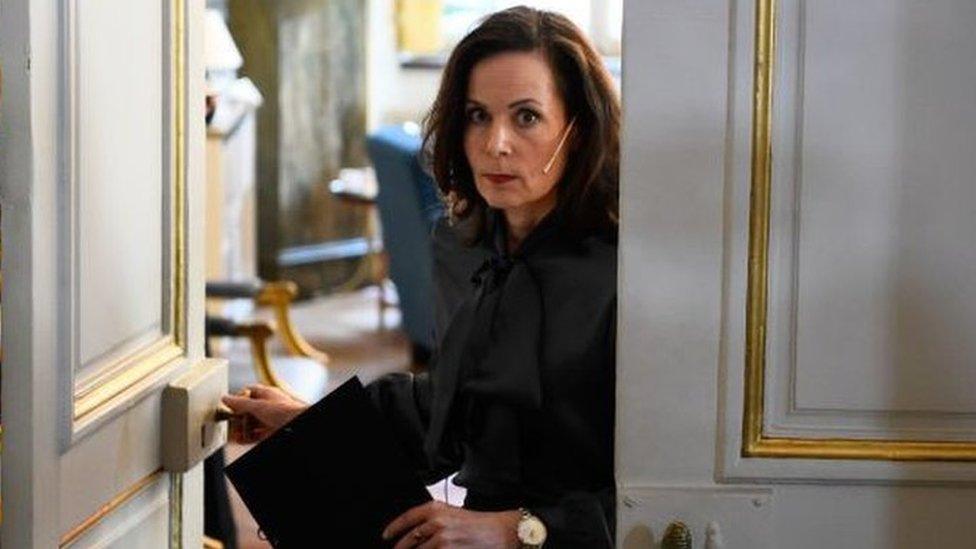
- Published12 April 2018
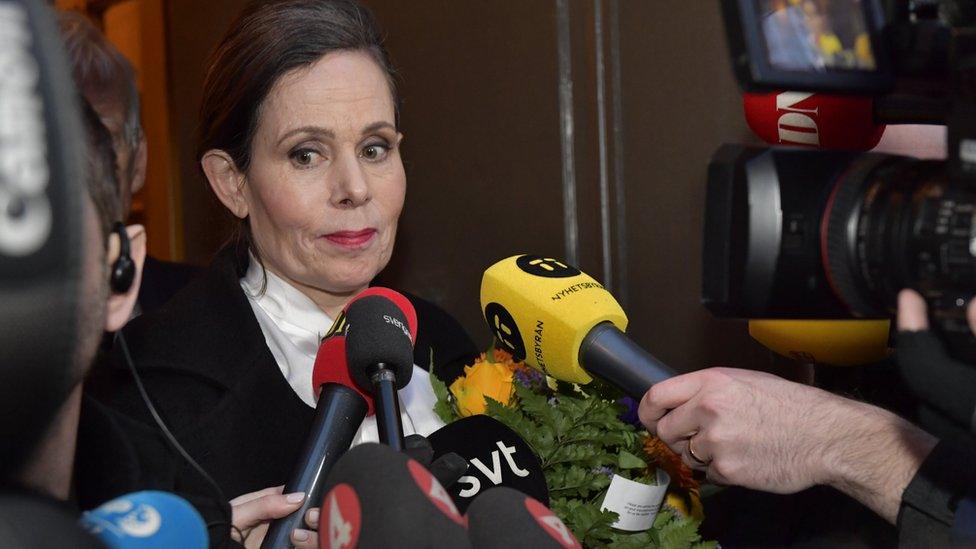
- Published6 March 2018
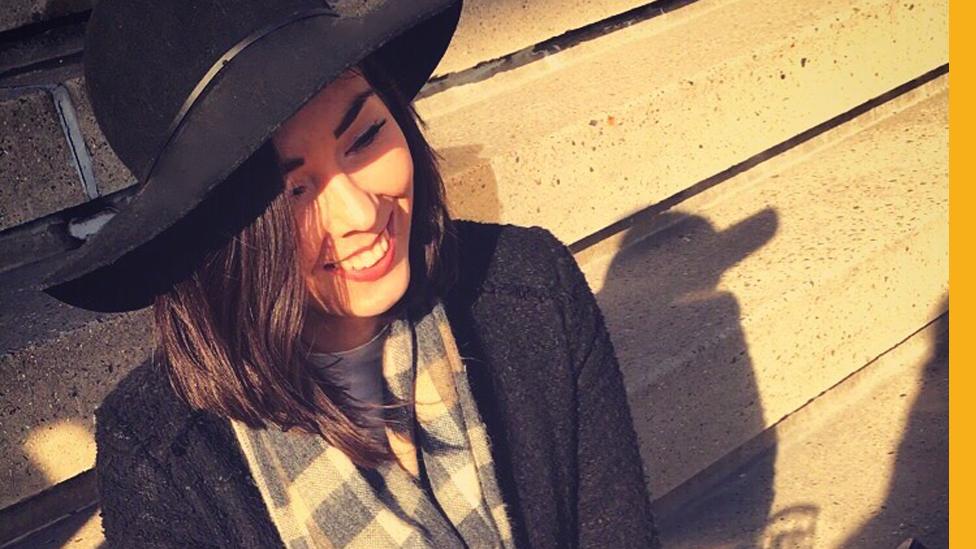
- Published12 November 2017
